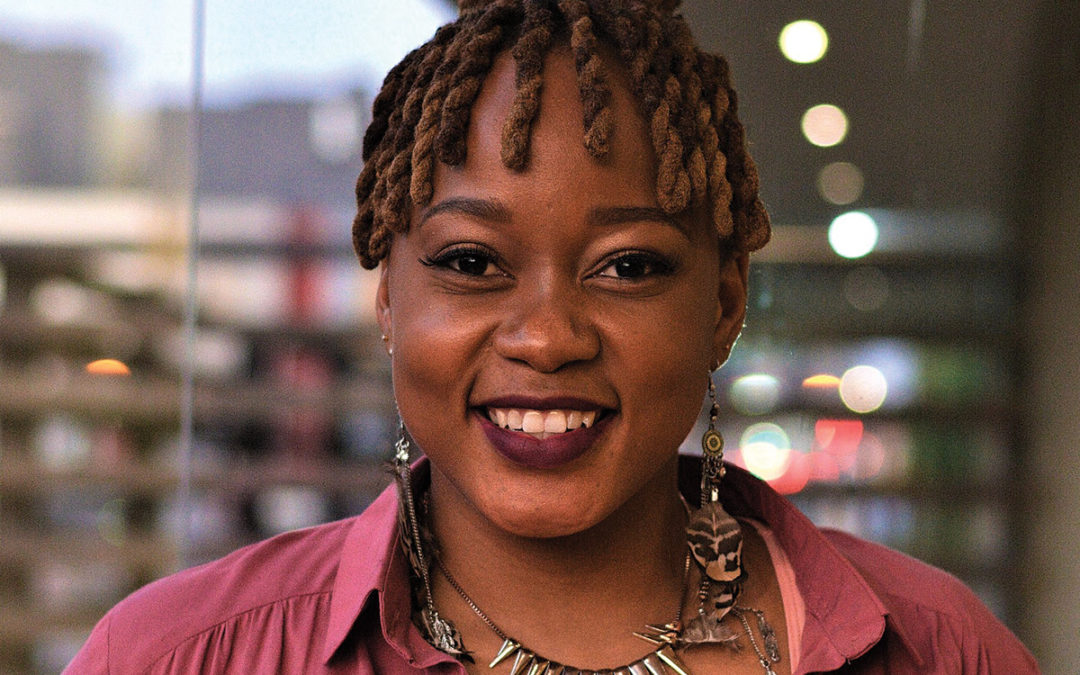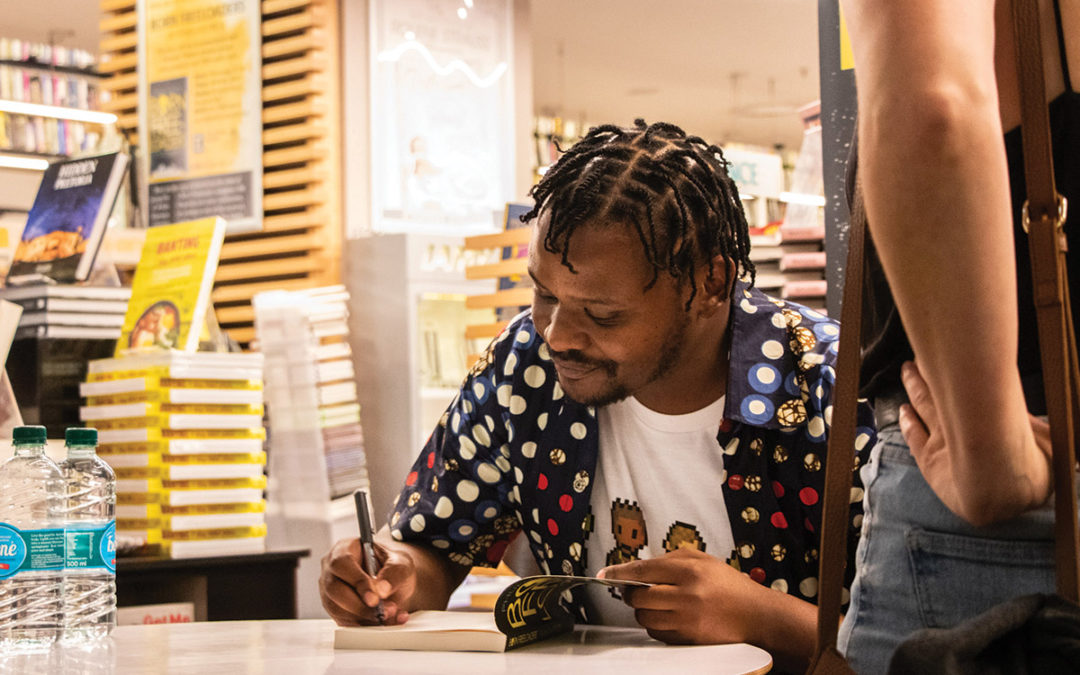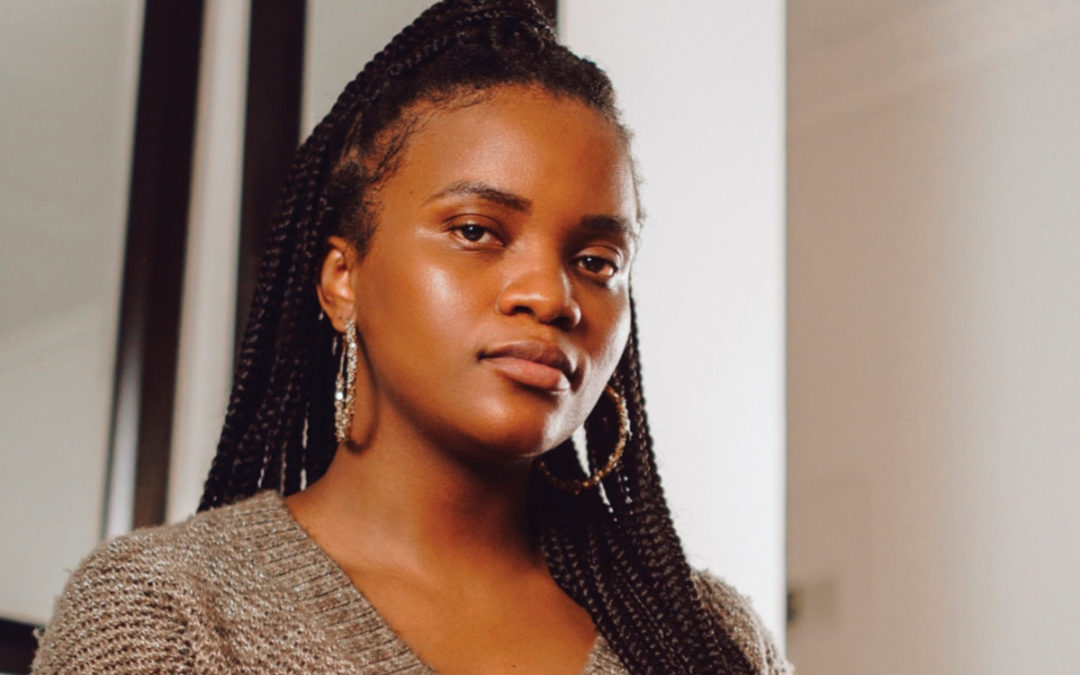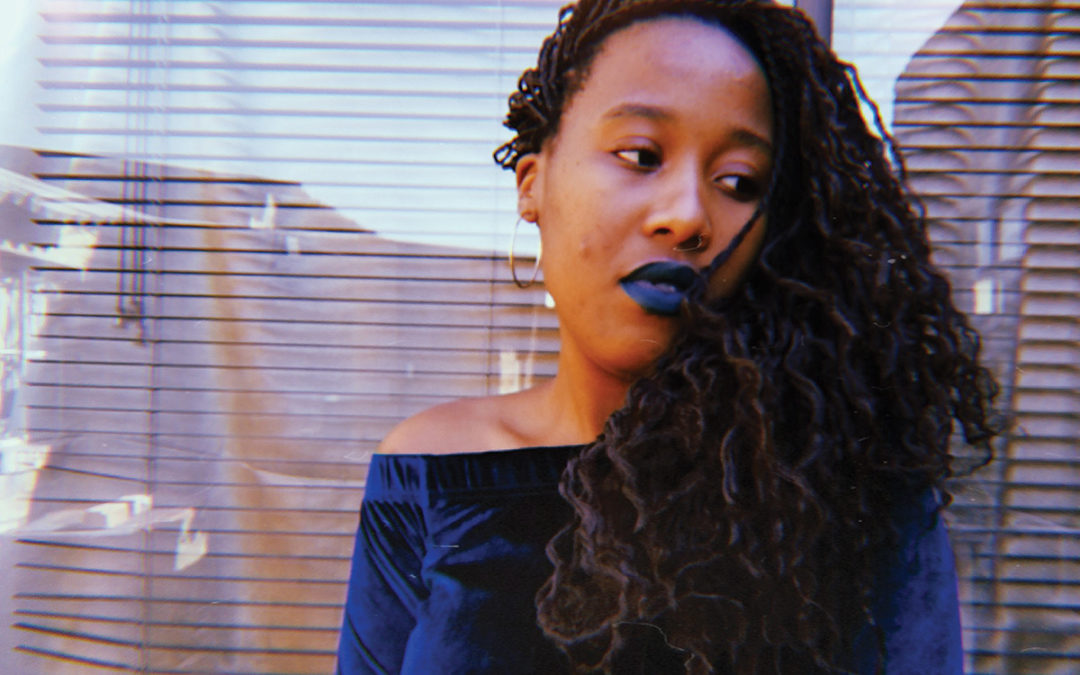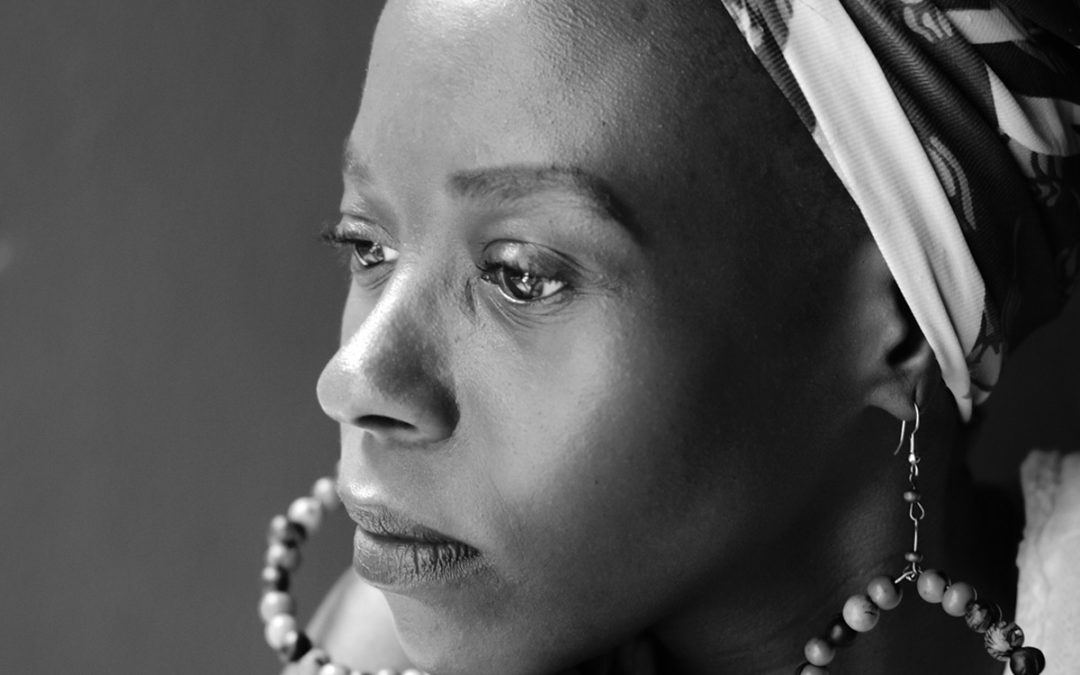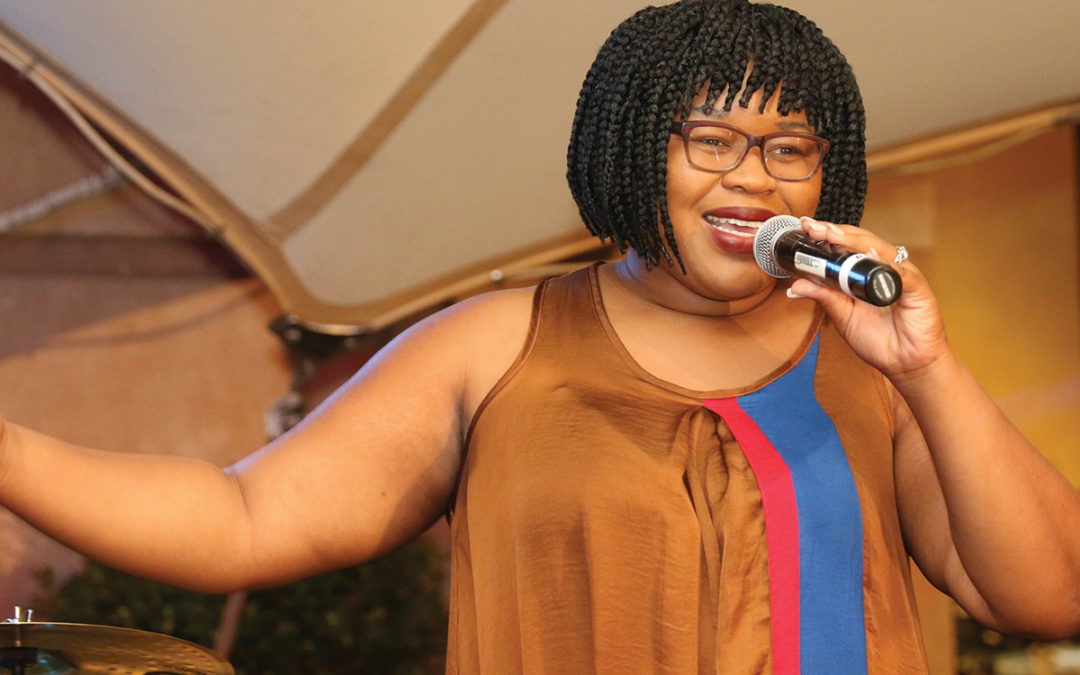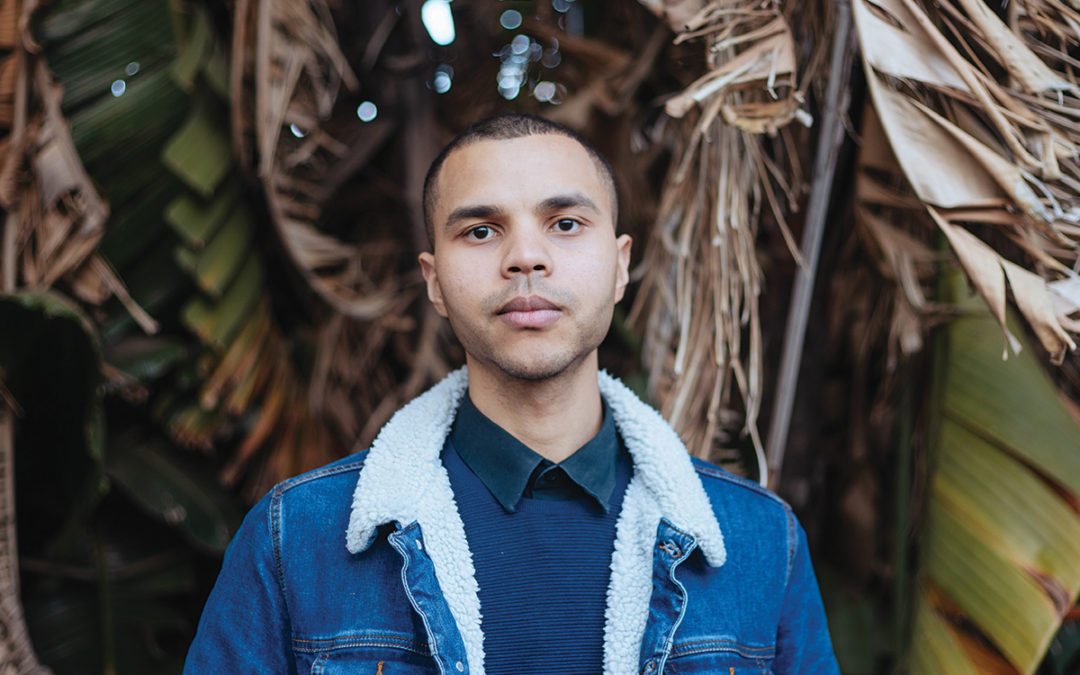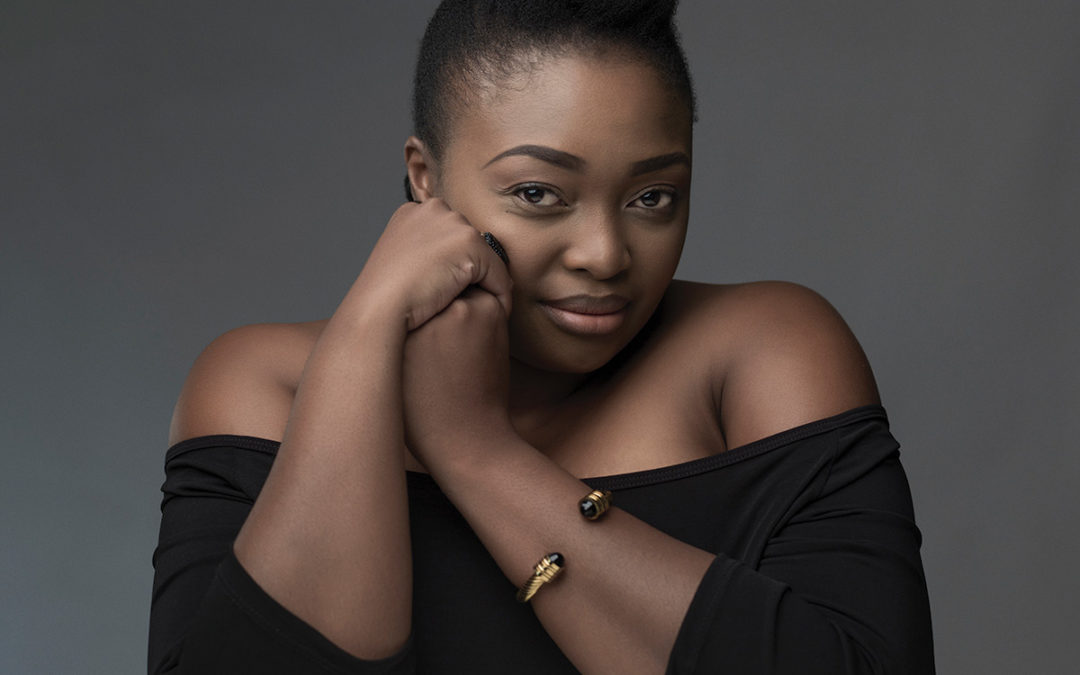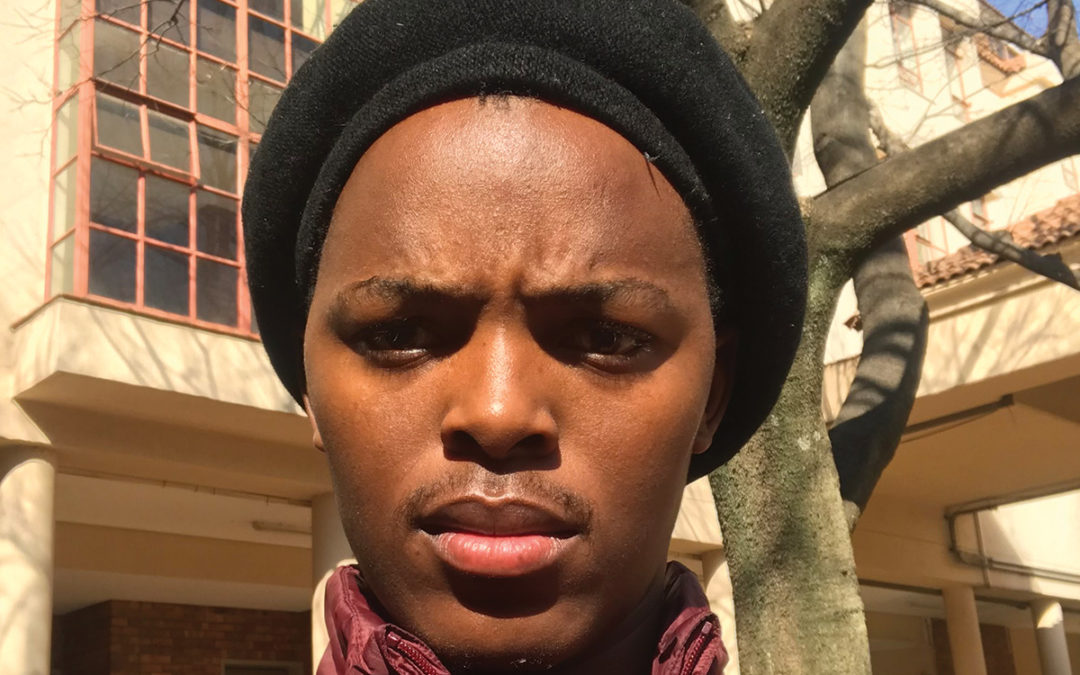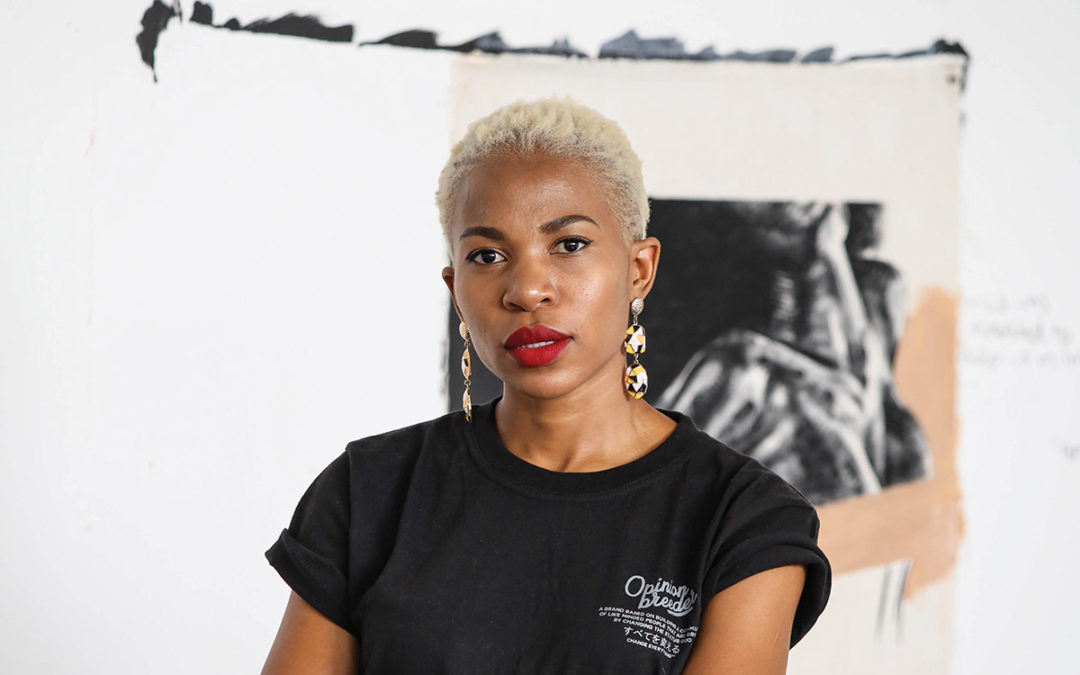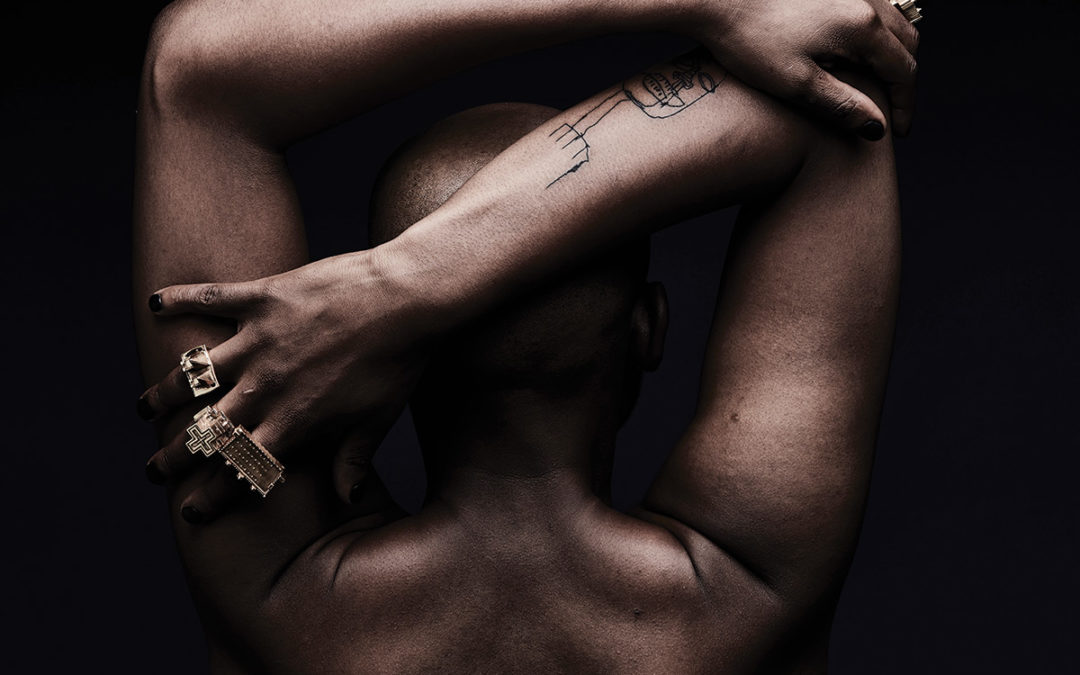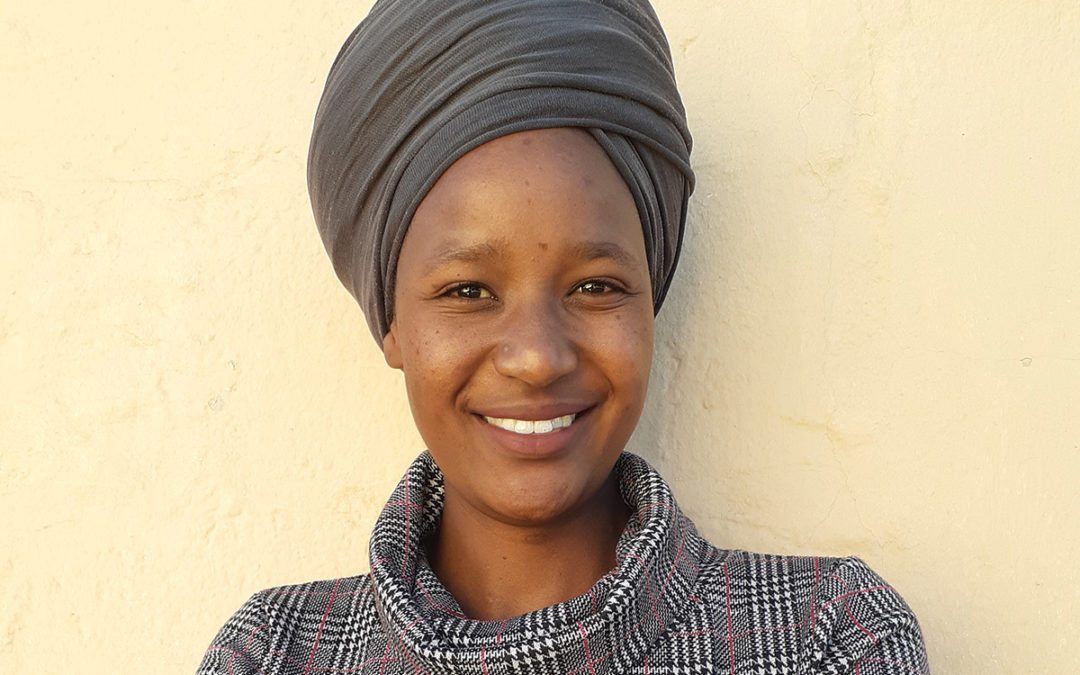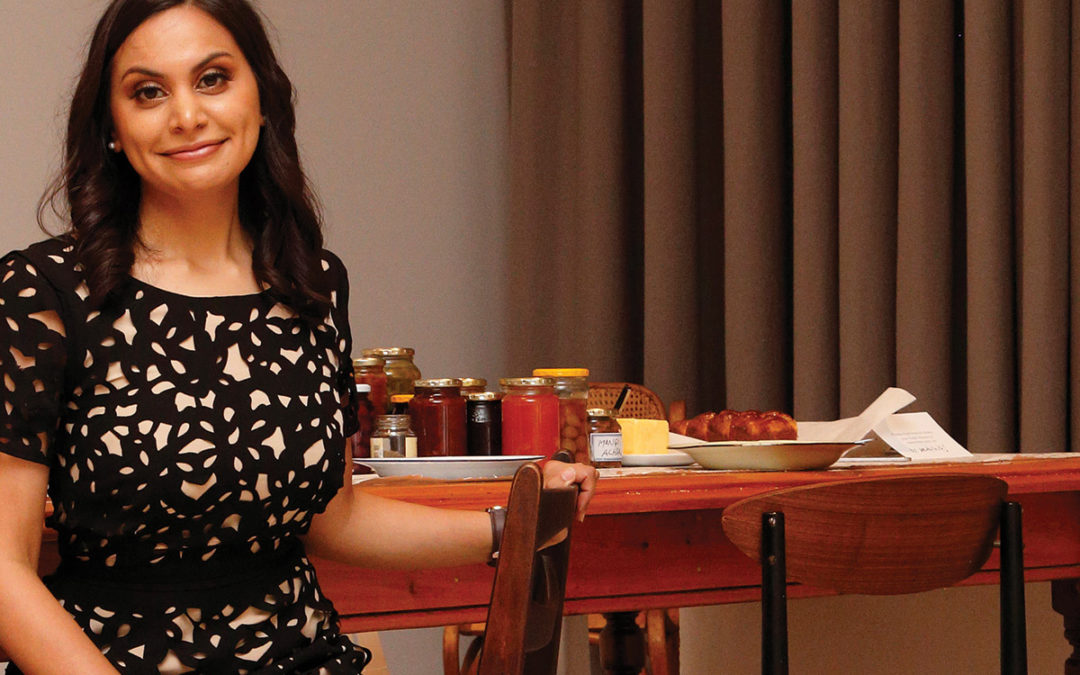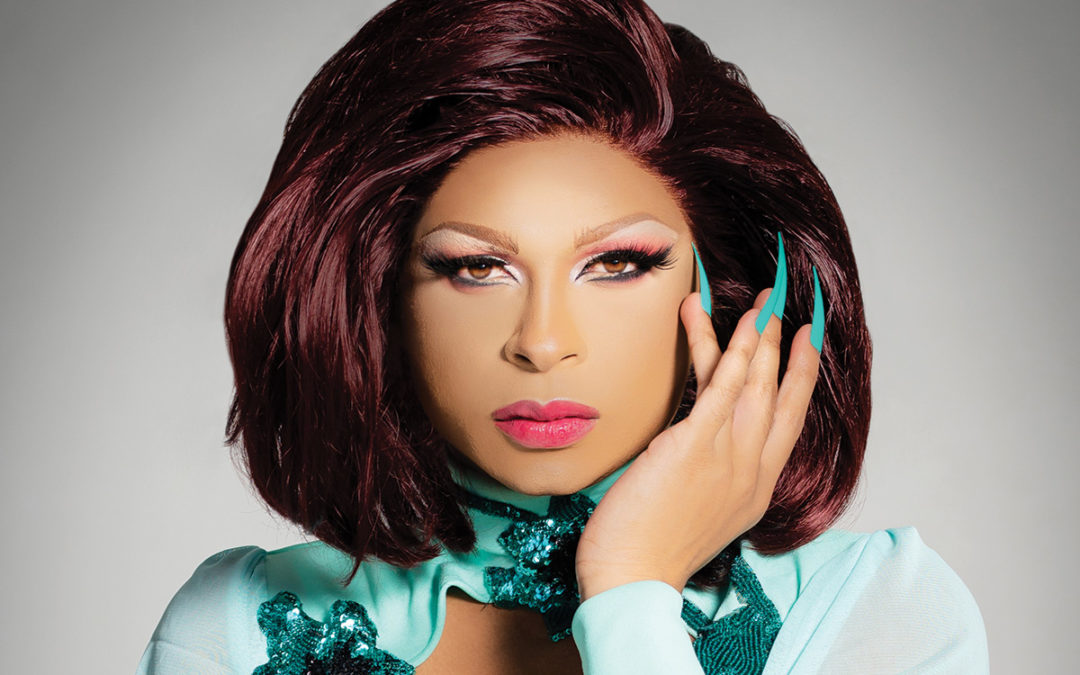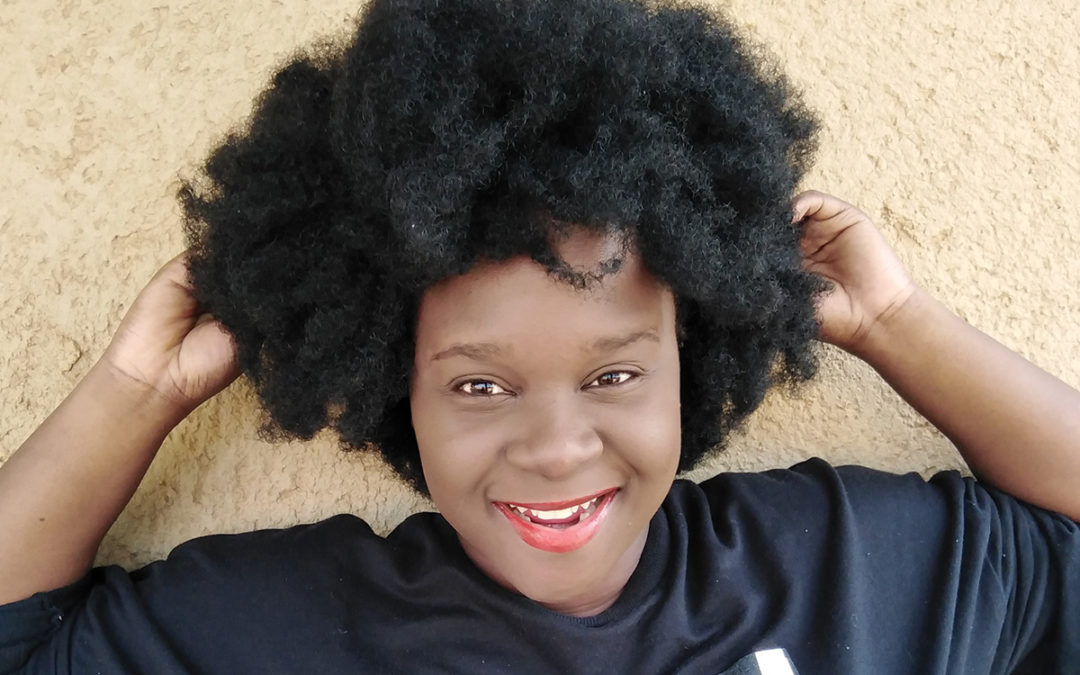uNocebo Bucibo despises the narrative of the starving artist. Young South Africans, she believes, should not be inhibited by the fear that following their passions may one day leave them destitute.
The photographic researcher and lecturer at the Market Photo Workshop and Vega School has learned first-hand just how empowering her chosen profession can be — for both the artist and the subject. Her biggest project to date — A Just Image: South African Hostels and Contemporary South African Photography, exhibited at the Workers’ Museum in Johannesburg in 2018 — is just one example of this.
Bucibo’s intention with this work was: “to give hostel residents a voice and restore dignity in their lives and their ‘homes’, since residents and hostels have a negative reputation. I would like my photographs to provide an opportunity for an outsider to the hostels to see what a hostel is and that it’s more than brick and mortar; that it has a spirit.”
Much of Bucibo’s work stands as an examination of modern-day South Africa and the nuances of life in a country less than three decades removed from the oppressive apartheid regime. Her journey in covering the less-seen aspects of life has also given her the confidence to launch her own company, the KJNS Studio.
Not content to stick to one discipline, Bucibo is also currently completing her PhD in development studies at the University of Pretoria. Indeed, if she could offer her younger self one bit of advice it would be: “Do not only go to events and spaces which are photographic or art-related. Attend conferences and other events outside your field to broaden your understanding of the world.”

